
The Swedish Academy, founded in 1786 by King Gustav III, is one of the Royal Academies of Sweden. Its 18 members, who are elected for life, comprise the highest Swedish language authority. Outside Scandinavia, it is best known as the body that chooses the laureates for the annual Nobel Prize in Literature, awarded in memory of the donor Alfred Nobel.
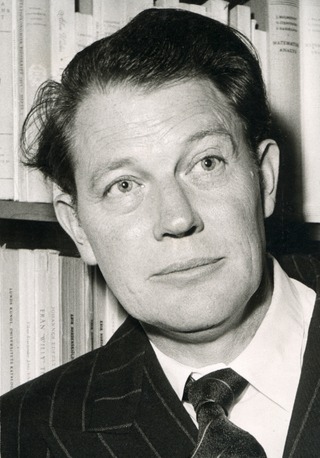
Harry Martinson was a Swedish writer, poet and former sailor. In 1949 he was elected into the Swedish Academy. He was awarded a joint Nobel Prize in Literature in 1974 together with fellow Swede Eyvind Johnson "for writings that catch the dewdrop and reflect the cosmos". The choice was controversial, as both Martinson and Johnson were members of the academy.
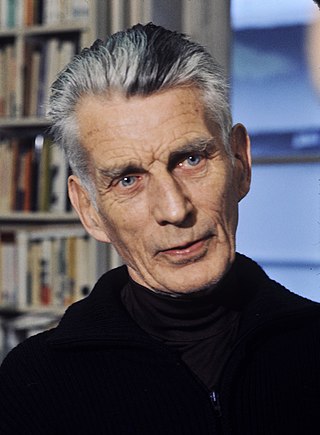
The 1969 Nobel Prize in Literature was awarded to the Irish author Samuel Beckett (1906–1989) "for his writing, which - in new forms for the novel and drama - in the destitution of modern man acquires its elevation."

The 1982 Nobel Prize in Literature was awarded to the Colombian writer Gabriel García Márquez (1927–2014) "for his novels and short stories, in which the fantastic and the realistic are combined in a richly composed world of imagination, reflecting a continent's life and conflicts."
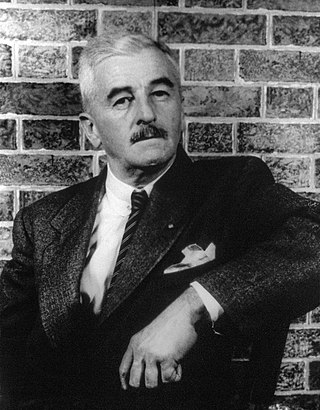
The 1949 Nobel Prize in Literature was awarded the American author William Faulkner (1897–1962) "for his powerful and artistically unique contribution to the modern American novel." The prize was awarded the following year on October 1950. The Nobel Committee for Literature had decided that none of the nominations for 1949 met the criteria as outlined in the will of Alfred Nobel, and the prize was reserved until the following year.

The 1966 Nobel Prize in Literature was divided equally between Shmuel Yosef Agnon (1888–1970) "for his profoundly characteristic narrative art with motifs from the life of the Jewish people" and Nelly Sachs (1891–1970) "for her outstanding lyrical and dramatic writing, which interprets Israel's destiny with touching strength."
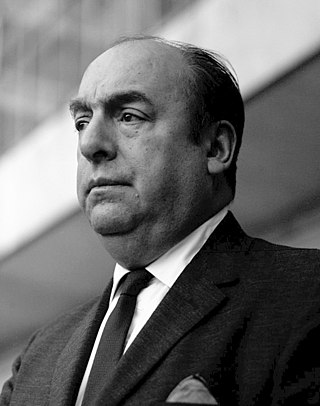
The 1971 Nobel Prize in Literature was awarded to the Chilean politician and poet Pablo Neruda (1904–1973) "for a poetry that with the action of an elemental force brings alive a continent's destiny and dreams." Neruda became the second Chilean Nobel laureate in Literature after Gabriela Mistral in 1945.
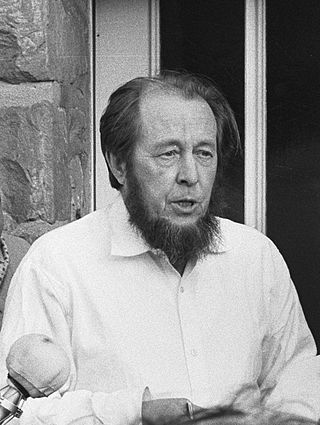
The 1970 Nobel Prize in Literature was awarded to the Russian novelist Aleksandr Solzhenitsyn (1918–2008) "for the ethical force with which he has pursued the indispensable traditions of Russian literature." For political reasons he would not receive the prize until 1974. Solzhenitsyn is the fourth Russian recipient of the prize after Ivan Bunin in 1933, Boris Pasternak in 1958 and Mikhail Sholokhov in 1965.
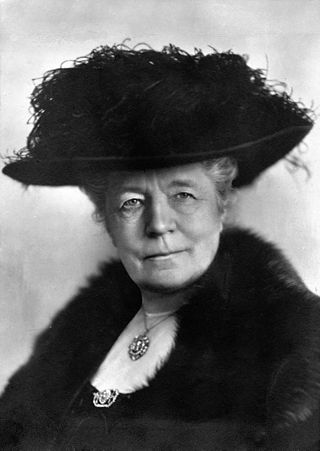
The 1909 Nobel Prize in Literature was awarded to the Swedish author Selma Lagerlöf (1858–1940) "in appreciation of the lofty idealism, vivid imagination and spiritual perception that characterize her writings." She became the first woman and first Swede to be awarded the prize.

The 1931 Nobel Prize in Literature was posthumously awarded to the Swedish poet Erik Axel Karlfeldt (1864–1931) with the citation: "The poetry of Erik Axel Karlfeldt." He was the third Swede to win the prize and remains the only recipient to be posthumously awarded. Karlfeldt had been offered the award already in 1919 but refused to accept it, because of his position as permanent secretary to the Swedish Academy (1913–1931), which awards the prize.

The 1998 Nobel Prize in Literature was awarded to the Portuguese author José Saramago (1922–2010) "who with parables sustained by imagination, compassion and irony continually enables us once again to apprehend an elusory reality." He is the only recipient of the Nobel Prize in Literature from Portugal.

The 2000 Nobel Prize in Literature was awarded to the Chinese émigré writer Gao Xingjian "for an æuvre of universal validity, bitter insights and linguistic ingenuity, which has opened new paths for the Chinese novel and drama." He is the first Chinese recipient of the prize followed by Mo Yan in 2012.
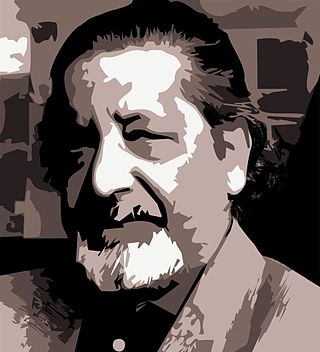
The 2001 Nobel Prize in Literature was awarded to the Trinidadian-born British writer Vidiadhar Surajprasad Naipaul (1932–2018), commonly known as V. S. Naipaul, "for having united perceptive narrative and incorruptible scrutiny in works that compel us to see the presence of suppressed histories." The Committee added: "Naipaul is a modern philosopher carrying on the tradition that started originally with Lettres persanes and Candide. In a vigilant style, which has been deservedly admired, he transforms rage into precision and allows events to speak with their own inherent irony." The Committee also noted Naipaul's affinity with the novelist Joseph Conrad:
Naipaul is Conrad's heir as the annalist of the destinies of empires in the moral sense: what they do to human beings. His authority as a narrator is grounded in the memory of what others have forgotten, the history of the vanquished.
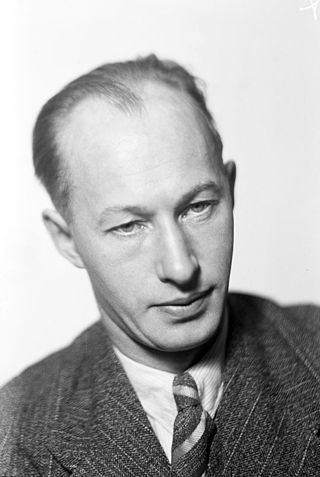
The 1974 Nobel Prize in Literature was awarded jointly to Swedish authors Eyvind Johnson (1900–1976) "for a narrative art, farseeing in lands and ages, in the service of freedom" and Harry Martinson (1904–1978) "for writings that catch the dewdrop and reflect the cosmos." The winners were announced in October 1974 by Karl Ragnar Gierow, permanent secretary of the Swedish Academy, and later sparked heavy criticisms from the literary world.

The 1950 Nobel Prize in Literature was awarded the British philosopher Bertrand Russell (1872–1970) "in recognition of his varied and significant writings in which he champions humanitarian ideals and freedom of thought." He is the fourth philosopher to become a recipient of the prize after the French analytic-continental philosopher Henri Bergson in 1927, and was followed by the French-Algerian existentialist Albert Camus in 1957. He is also the fifth British author to be awarded.
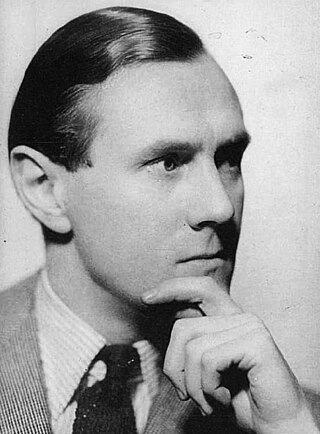
The 1973 Nobel Prize in Literature was awarded to the Australian writer Patrick White (1912–1990) "for an epic and psychological narrative art which has introduced a new continent into literature." He is the first and the only Australian recipient of the prize.

The 1968 Nobel Prize in Literature was awarded to the Japanese writer Yasunari Kawabata (1899–1972) "for his narrative mastery, which with great sensibility expresses the essence of the Japanese mind." He is the first Japanese recipient of the prize.

The 1985 Nobel Prize in Literature was awarded to the French novelist Claude Simon "who in his novel combines the poet's and the painter's creativeness with a deepened awareness of time in the depiction of the human condition".

The Nobel Committee for Literature is the Nobel Committee responsible for evaluating the nominations and presents its recommendations to the Swedish Academy, which then selects, through votation, the Nobel Prize in Literature.
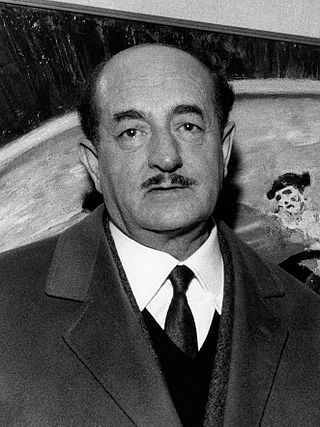
The 1959 Nobel Prize in Literature was awarded to the Italian poet Salvatore Quasimodo (1901–1968) "for his lyrical poetry, which with classical fire expresses the tragic experience of life in our own times" He is the fourth Italian recipient of the said prize.




















